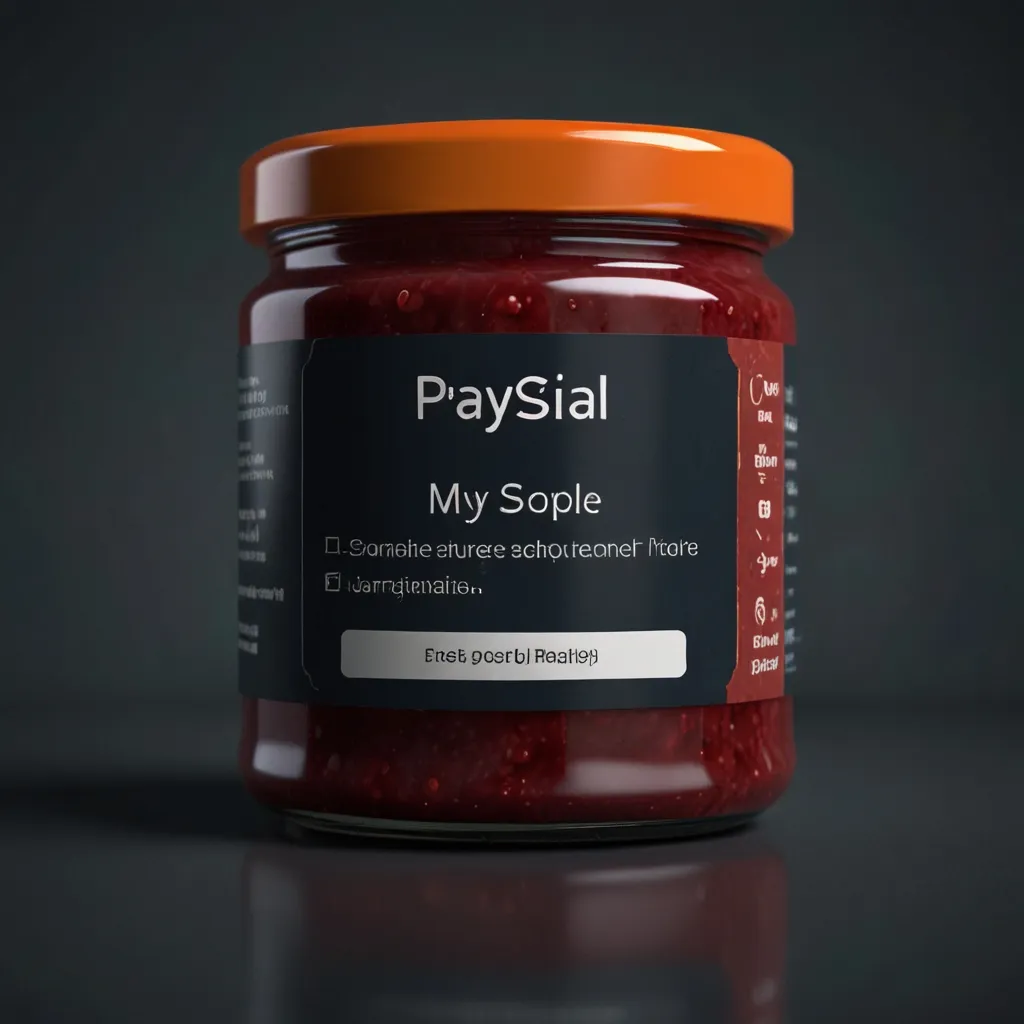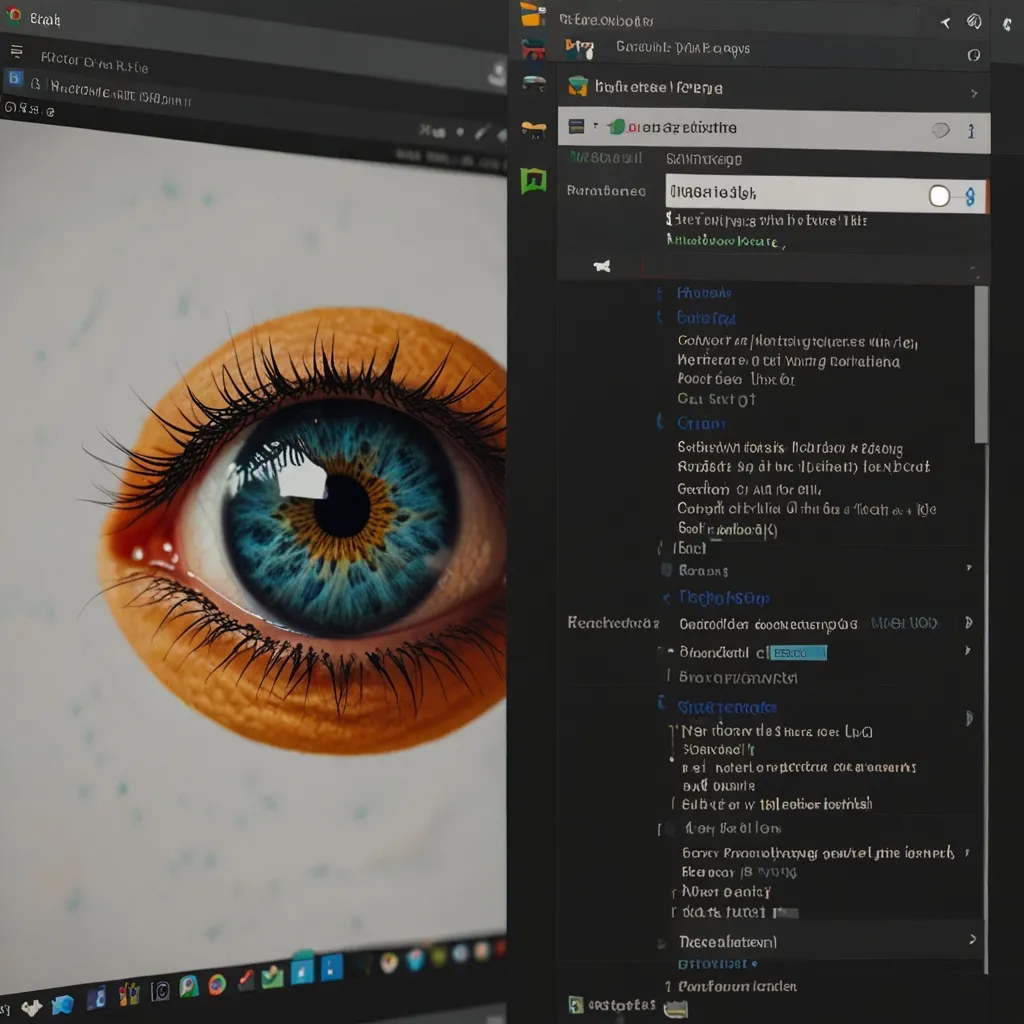Imagine being a programmer juggling different entities, components, and systems like a circus performer, all while making sure everything stays perfectly synchronized. I recently stumbled upon something that might just make your life a whole lot easier—it’s called Flecs, a fast Entity Component System (ECS) framework for C. ECS frameworks are not exactly a new kid on the block, but Flecs is like that new album from your favorite band that you can’t stop listening to. Let’s deep dive into what makes Flecs tick and why it’s worth incorporating into your technical repertoire.
At the core of it, Flecs stands out in the crowded ECS space because of its performance and simplicity. Unlike traditional object-oriented design, Flecs breaks down data and behavior into separate components. Think of it like swapping Legos in and out to build your perfect project structure without demolishing everything and starting over. The concept may sound intricate, but trust me, it’s liberating once you get the hang of it.
Getting started with Flecs is a breeze because its documentation is incredibly user-friendly, which is rare in the world of C frameworks. Let’s imagine you’re setting up a game where players, enemies, and objects interact in a virtual arena. In a classic ECS fashion, you create entities to encapsulate each distinct object, then define components to encapsulate data specific to the object, and finally, set up systems to dictate the behavior.
What I love about Flecs is how it allows you to focus on the big picture. You define a component in C like this:
typedef struct {
float position[3];
float velocity[3];
} Movement;
Each component holds just the data, clean and simple. When you build an entity, you can add or remove components at runtime without having to untangle a web of spaghetti code. Let’s say you want your player to start moving. It’s as simple as creating an entity and associating the Movement component with it:
ecs_entity_t player = ecs_new(world, 0);
ecs_set(world, player, Movement, {{0, 0, 0}, {1, 0, 0}});
The explanation in layman’s terms? You’ve got this entity called player, and you’re defining its position as the origin with a velocity of ‘1’ on the x-axis. It’s a simple setup, but one that lays the groundwork for more complex interactions.
Flecs’ beauty isn’t just in its simplicity but in its speed. It handles batch processing of components like a dream, promoting efficiency by minimizing cache misses and optimizing memory usage. This becomes especially handy when you’re dealing with thousands of entities in real-time applications. Imagine the exhilaration of seeing your virtual city populated with entities behaving as you’ve orchestrated—without the performance hiccups.
Developers like us who often bounce between languages will also appreciate how Flecs integrates with different ecosystems. With bindings for other popular languages like Python and JavaScript, incorporating Flecs into multi-language projects isn’t like forcing a square peg into a round hole. You dabble a little here and there, and it fits into your existing workflow seamlessly.
One can’t speak about Flecs without mentioning its amazing community. It’s like having a group of friends who are always ready for a brainstorming session. Whether you’re debugging a stubborn component or just looking for best practices, the Flecs community is there to lend a hand. Hooking into the community makes the learning curve less steep and you might even contribute to the project, letting your mark be part of the larger Flecs legacy.
For those more inclined towards experimenting, Flecs has a playground where you can mess around with its features in a sandbox environment. It’s akin to trying out that new piece of coding equipment before committing it to your main project. You get to test the waters, seeing how new ideas and implementations hold up in a controlled setting, adjusting as needed without breaking your main project.
Speaking from personal experience, once you start using Flecs, you develop a structured thinking approach that’s beneficial across all your coding endeavors. It nurtures a mindset where modular, independent components work collaboratively, akin to a well-oiled machine. This isn’t just beneficial for C developers; the concepts translate well, enriching your skills in other programming languages as well.
Diving into its technical depths, Flecs was designed with a focus on high performance for real-time applications. The faculty of on-demand instantiation and query-driven systems not only make your code clean but also enable you to wield great efficiency, akin to wielding a double-edged sword—powerful, yet requiring precision.
Adding a personal touch, I remember using Flecs in one of my projects where I needed rapid iteration and testing. The project evolved quicker too; with the modular setup, I could add new levels of gameplay within hours, a feat that would often take days with other frameworks. That sense of creativity and freedom is contagious, and honestly, pretty addictive.
So whether you’re tech-blogging, developing games, or coding the next big thing, exploring Flecs could be a refreshing breeze taking you to a place where structure and creativity meet harmoniously. It’s like finally finding room to breathe amidst the constraints of conventional programming approaches.
Overall, Flecs isn’t just another ECS framework; it’s a testament to how powerful simplicity can be. From laying the groundwork in C to advancing to Python, JavaScript, or Go, Flecs keeps you grounded while letting your ideas take flight. It’s as though you finally paired the right wine with your favorite cheese—a pairing you didn’t know you needed until you tried it.






